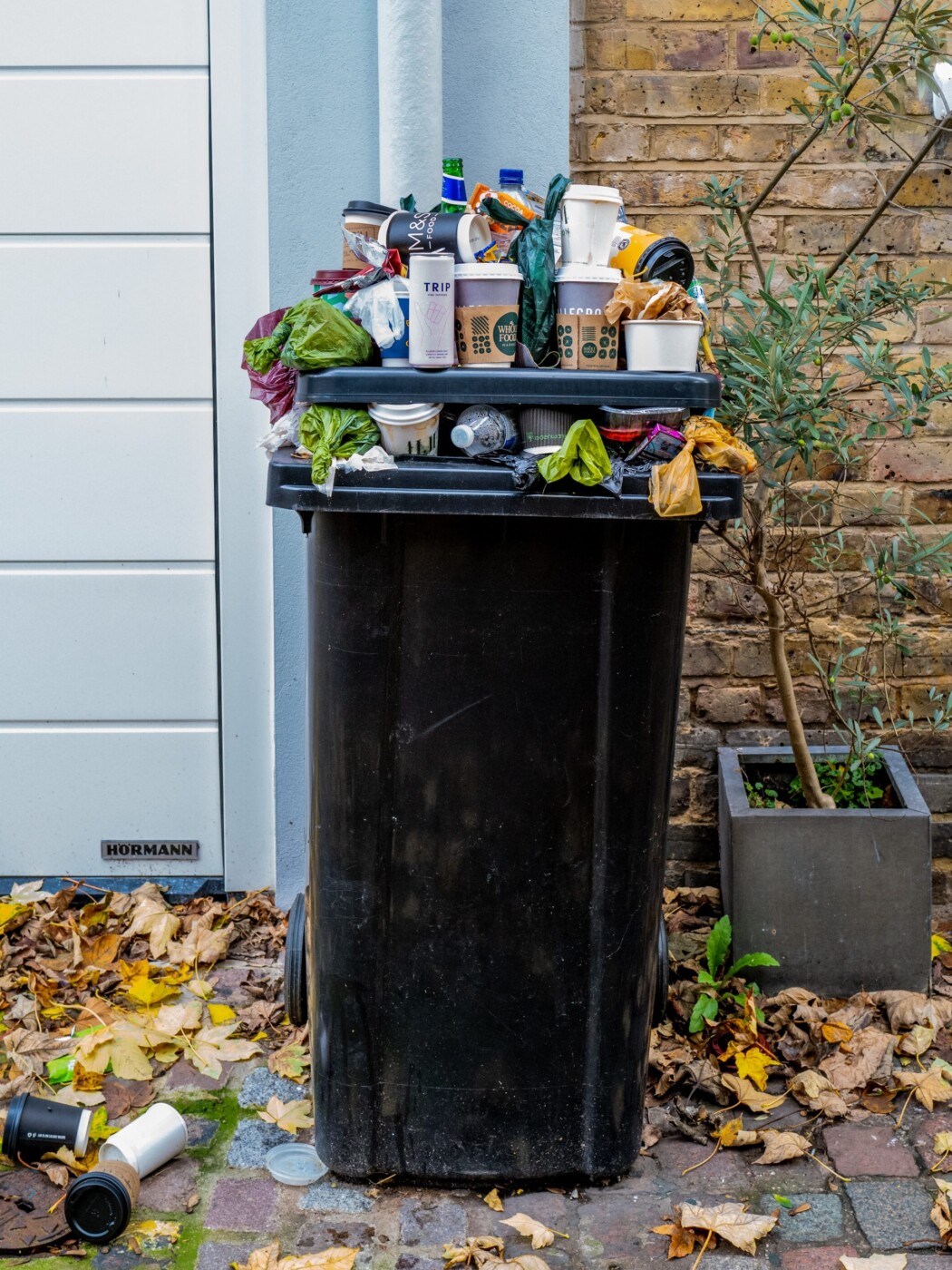Alameda County will opt in to an ordinance passed earlier this year by the Alameda County Waste Management Authority that aims to keep food and other compostable materials out of landfills to curb climate change.
The county Board of Supervisors on Nov. 23 voted 5-0 to participate in the Organics Reduction and Recycling Ordinance along with cities in the county and two sanitary districts. The ordinance was passed earlier this year by Alameda County Waste Management Authority, also known as StopWaste.
StopWaste passed the ordinance in response to Senate Bill 1383. The Organics Reduction and Recycling Ordinance implements the requirements of SB 1383, which passed in 2016 and aims to reduce the amount of organics going to landfills by 75 percent by 2025.
“It’s a large-scale effort,” StopWaste spokesman Jeff Becerra said of the effort to meet the requirements of the law.
He said cities in Alameda County, the county and the Castro Valley and Oro Loma sanitary districts will be coordinating to do so. Implementation of the county law begins in January.
It affects businesses, institutions, nonprofits, multifamily property owners, residents, schools and government agencies.
The law also aims to make edible food that would otherwise go to waste or be composted available to people who need it.
To comply with the law, businesses, institutions, and multifamily property owners must subscribe to a curbside recycling and compost collection service, put color-coded compost and recycling containers next to indoor garbage containers, except for restrooms, and sort materials into bins.
Businesses, institutions and multifamily property owners must each year educate employees, contractors, tenants and students about the law and periodically inspect bins to provide feedback to employees and contractors about their sorting habits.
Residential and commercial property managers must inform their tenants about the rules no later than 14 days after move-in and at least 14 days prior to move out.
Businesses that have excess edible food must also meet certain requirements of the law for getting that food to people in need.
Those requirements include recovering as much edible food as possible, having a contract with one or more food recovery organizations to pick up or receive that food, and record how much food, what type and how frequently it is collected.
Large supermarkets, grocery stores, food service providers, food distributors and wholesale food vendors must comply with the law starting Jan. 1, 2022.
Large health facilities, hotels, venues, event spaces, restaurants, state agency facilities, and schools with an onsite food facility must comply by Jan. 1, 2024.
StopWaste offers more details of the new law on its website.
